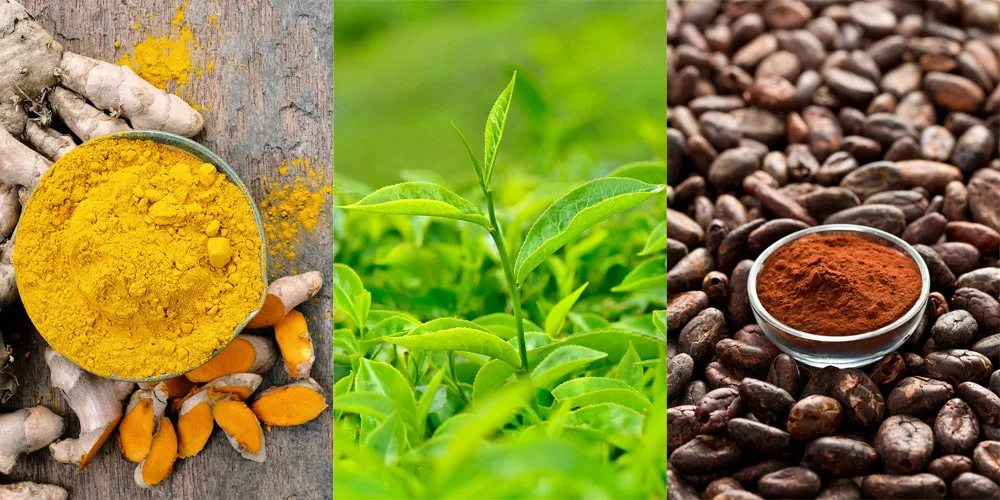A groundbreaking study from the University of Birmingham reveals that consuming flavanol-rich cocoa or green tea may protect the body’s vascular system during periods of stress, even after eating high-fat foods. This research highlights a natural way to mitigate the health risks posed by stress and poor dietary choices.
Flavanols, naturally occurring compounds found in cocoa, green tea, berries, and nuts, have well-documented benefits for cardiovascular health and blood pressure regulation. The research team led by Dr. Catarina Rendeiro explored whether high-flavanol cocoa could counteract the negative vascular effects of high-fat meals during stress.
“Stress often leads people to choose high-fat foods, which can impair the body’s vascular recovery,” said Dr. Rendeiro. “Our findings show that incorporating high-flavanol foods can reduce these negative impacts.”
In the clinical study, healthy young adults consumed a fatty breakfast including butter croissants, cheese, and milk, accompanied by either a high-flavanol cocoa drink or a low-flavanol version. Participants then underwent a mentally stressful task—an eight-minute math test designed to simulate everyday stress—while researchers measured their vascular function, blood flow, and brain oxygenation.
Vascular Protection: The high-flavanol cocoa prevented a decline in vascular function typically caused by stress and fat consumption, maintaining healthier brachial flow-mediated dilation (FMD) for up to 90 minutes post-stress.
Cognitive Effects: While cocoa flavanols improved vascular health, they did not significantly enhance cerebral oxygenation or mood during the study.
Dr. Rendeiro emphasized the practical value of these findings: “High-flavanol foods like minimally processed cocoa or green tea can serve as tools to mitigate some of the vascular damage from poor food choices during stressful times.” She recommends seeking unprocessed cocoa or incorporating flavanol-rich alternatives such as black tea, berries, and apples into daily diets.
Guidelines suggest a daily flavanol intake of 400–600 mg, achievable with two cups of green or black tea or a mix of flavanol-rich foods.
Jet Veldhuijzen van Zanten, co-author and professor of biological psychology, pointed out the broader implications: “In our fast-paced world, stress is inevitable, and its impact on health and productivity is significant. Small dietary adjustments, such as incorporating flavanol-rich foods, could make a meaningful difference for those juggling high-pressure jobs or demanding schedules.”
This study underscores the importance of dietary choices in managing stress-related health risks, paving the way for more informed decisions and healthier outcomes.
Source: University of Birmingham
Journal Reference: Food and Function, 2024











